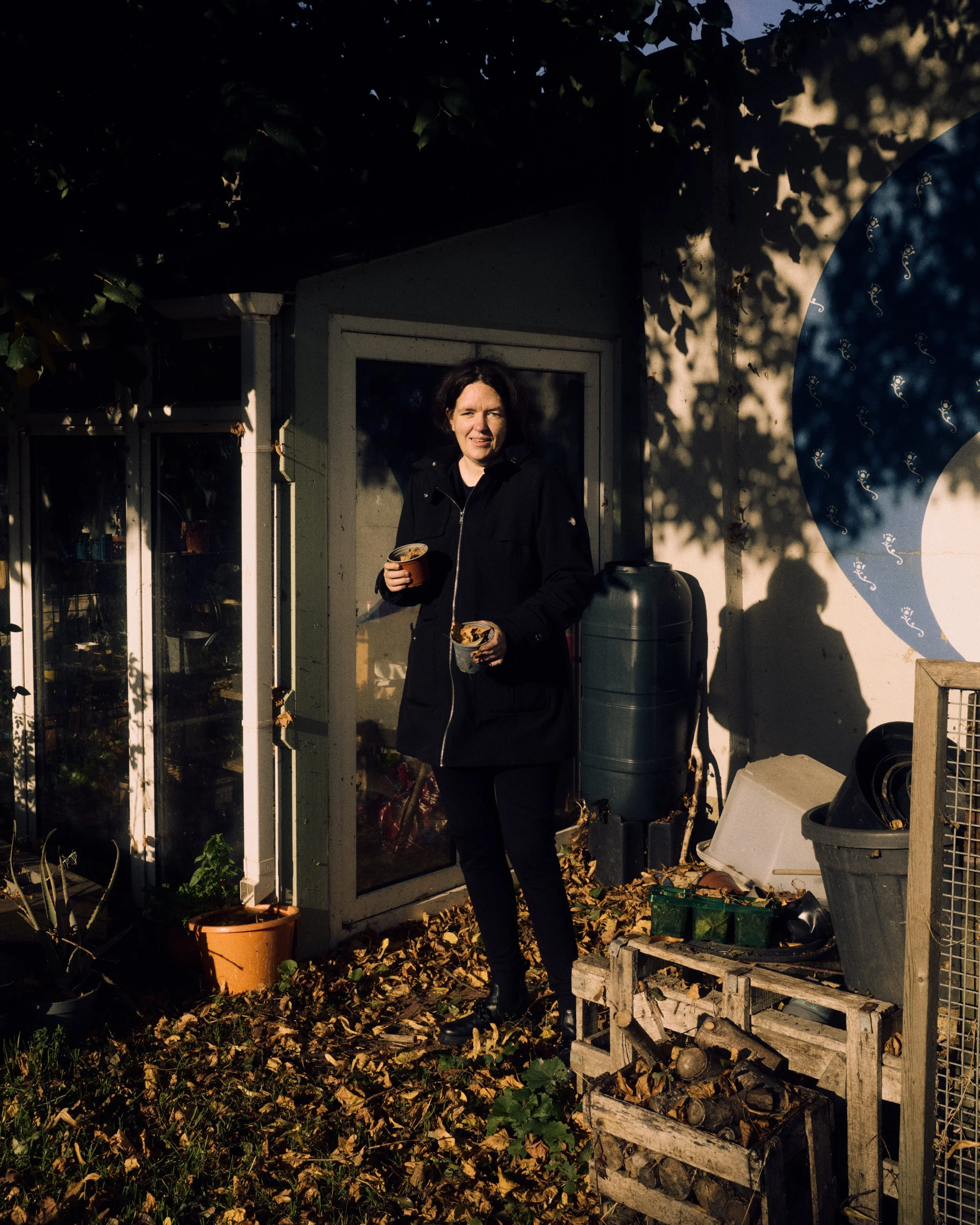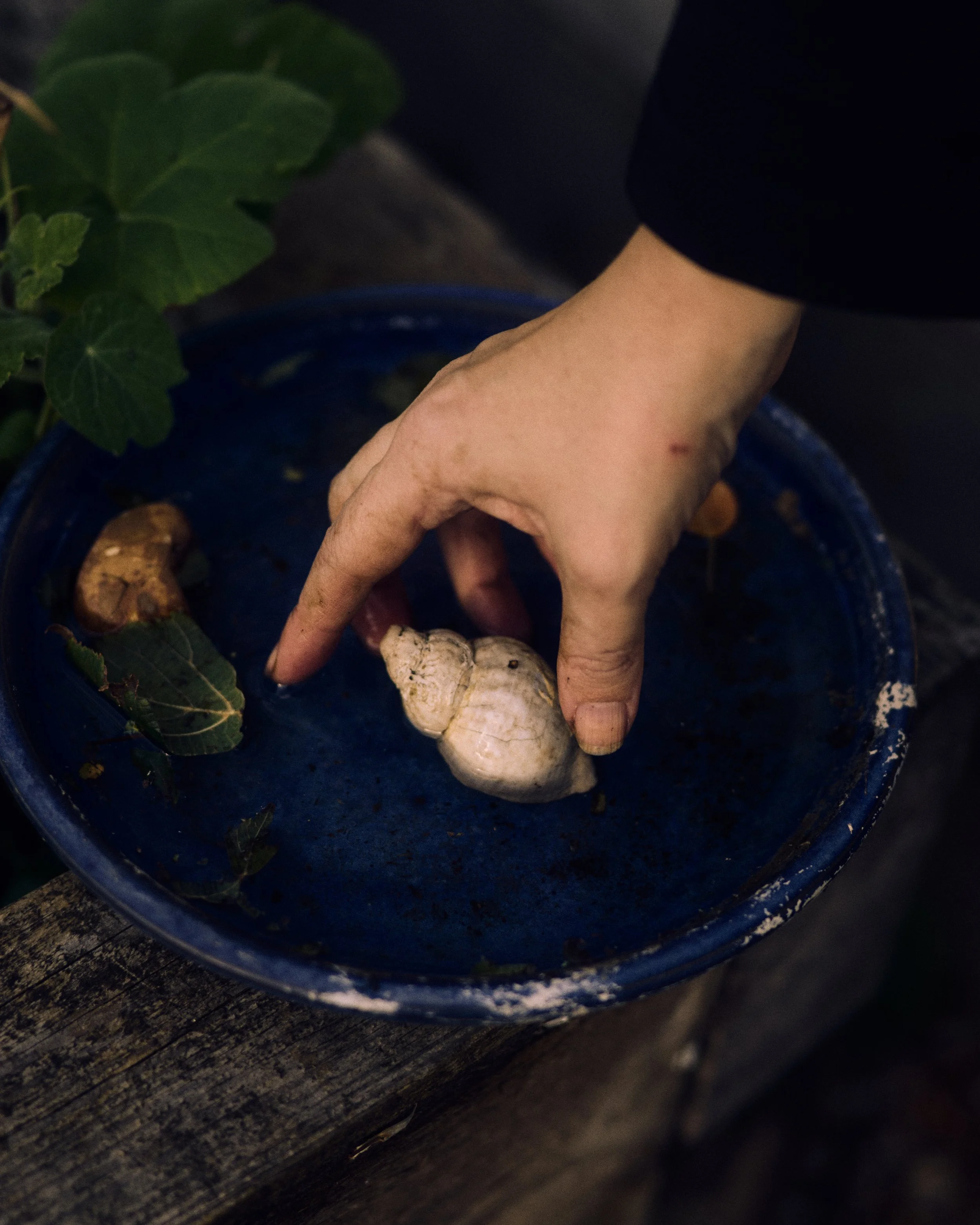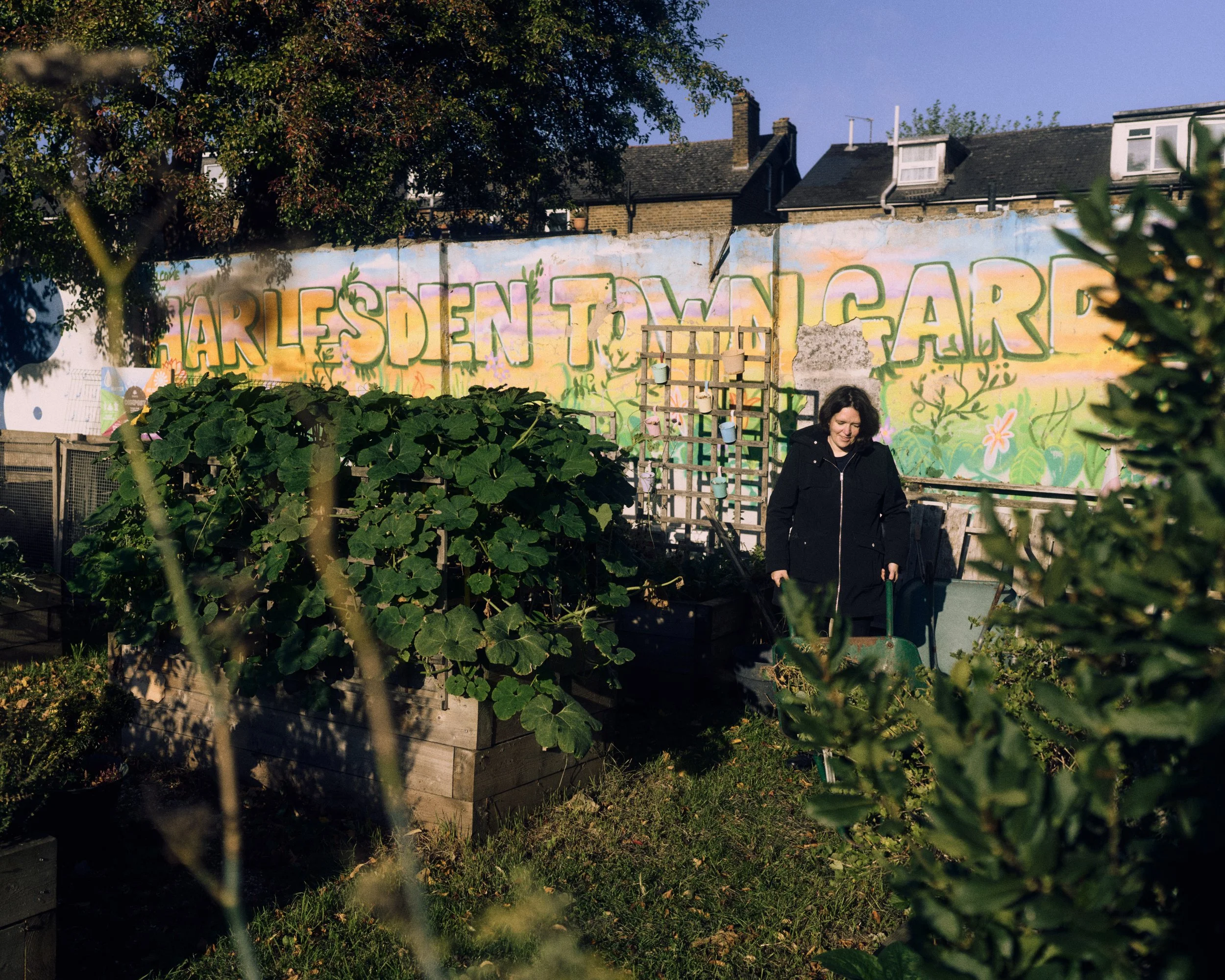
How can I help?
I’m a crip psychotherapist, mentor, coach, supervisor, and consultant. I lead through crip time, crip theory and queer temporalities—rooted in ecology, memory, land, collaboration, the arts, movement and a deep, unapologetic commitment to access.
-

Coaching, Consultancy & Support: Guided by Crip Time and Queer Temporalities
My work is grounded in the rhythms, disruptions and expansions of crip time and queer temporalities. I refuse the demand to move at normative speed or to pretend that bodies and minds don’t have their own seasons. Instead, I build coaching, consultancy and therapeutic spaces that honour fluctuation, rest, spaciousness and deep listening.
I support individuals, teams and organisations to reimagine how they work, create and relate—centring access as an active, ongoing practice rather than a final product. My approach integrates psychotherapy, coaching, somatic awareness, creative process, movement, land-based practices, stimming, echolalia, and reflective methods shaped by ecology and the living world. Together, we slow down, take time, feel time differently, and make room for the forms of knowing and becoming that only emerge in nonlinear, non-normative time.
Whether I’m working 1:1 or with an entire organisation, my focus is on cultivating practices of access, deep listening, care, interdependence and accountability. I support people to notice what’s possible when they step out of urgency and into relation—where insight can surface, transformation can happen and new ways of working can take root.
-

Access, Transparency & Embodiment: Naming My Needs So You Can Name Yours
I am open about my access barriers, needs, limits and boundaries. This is an ethical position, not a confession. My access is not something I hide: it’s something I lead with.
By naming the realities of my disabled, chronically ill bodymind—its needs for rest, spaciousness, slowness, flexibility and care—I create a container where others can do the same without shame or apology.This level of transparency empowers clients and organisations to centre access from the beginning rather than retrofitting it later. It models what it looks like to work with, rather than against, embodied reality. It shifts the question from “How do we accommodate disability?” to “How do we build practices that honour the bodies, minds and temporalities of everyone involved?”
I never answer the question “How are you?” in the way ableism expects. I don’t collapse my bodymind into a performance of wellness. Instead, I honour complexity, fluctuation and truth. This refusal is part of my work: disrupting the expectation that we must mask our realities to be palatable or professional.
My access practices are not private—they are political, relational and invitational. They open the door for others to take up space with their needs, their limits and their lived experience.
-

Why It Matters That I’m a Disabled, Crip Psychotherapist—And How This Strengthens My Work With Organisations & Charities
My disability and chronic illness are not side notes to my practice—they fundamentally shape how I support organisations, charities and teams to grow, restructure and reimagine what their work can be. Being a crip psychotherapist and practitioner gives me a lens that sees what often goes unnoticed: the strain of urgency, the unsaid tensions, the inaccessible practices, the burnt-out bodyminds, the patterns that keep organisations stuck.
When I work with organisations, whether they’re starting from the ground up or hitting a brick wall, I bring a way of thinking shaped by crip time, queer temporalities, ecology, collaboration and lived experience. This means I help teams slow down enough to actually see their structures, listen to their own needs and rhythms, and rebuild systems that genuinely support their people and their purpose.
I support organisations and charities to:
Develop clear, sustainable structures that honour capacity rather than force over-extension.
Build access into the DNA of their work—policies, timelines, meetings, roles, expectations, culture.
Navigate moments of uncertainty or stuckness, whether that’s internal conflict, organisational fatigue, a loss of direction or systemic barriers.
Create values-led, relational processes that prioritise care, mutuality and accountability.
Reimagine leadership and decision-making models so they are less hierarchical, more collaborative and more human.
Root their work in embodied pacing and ecological awareness, using metaphors of land, soil, memory and interdependence to help teams understand their cycles, seasons and capacity.
Cultivate cultures where people can name their access needs without fear, shame or repercussion—and where those needs shape the way the organisation functions.
Understand and dismantle internal ableism, including urgency culture, productivity myths and the pressure to perform wellness.
Build from scratch with intention, ensuring new organisations don’t replicate the harms of old institutional models.
My lived experience means I’m not invested in the myth of the perfect, endlessly productive organisation. I’m invested in real organisations: ones made of bodies, histories, limitations and brilliant possibilities. My work helps teams move from overwhelm to clarity, from fragmentation to coherence, from crisis mode to grounded purpose.
Organisations and charities work with me because of my crip knowledge, not despite it. It enables me to see the structural patterns others overlook, to slow teams into deeper understanding, and to bring an honesty that frees people to work in ways that are sustainable and transformative.
There is no shame in naming the realities we’re working with. There is only the possibility of building something truer, kinder and more resilient—together.
